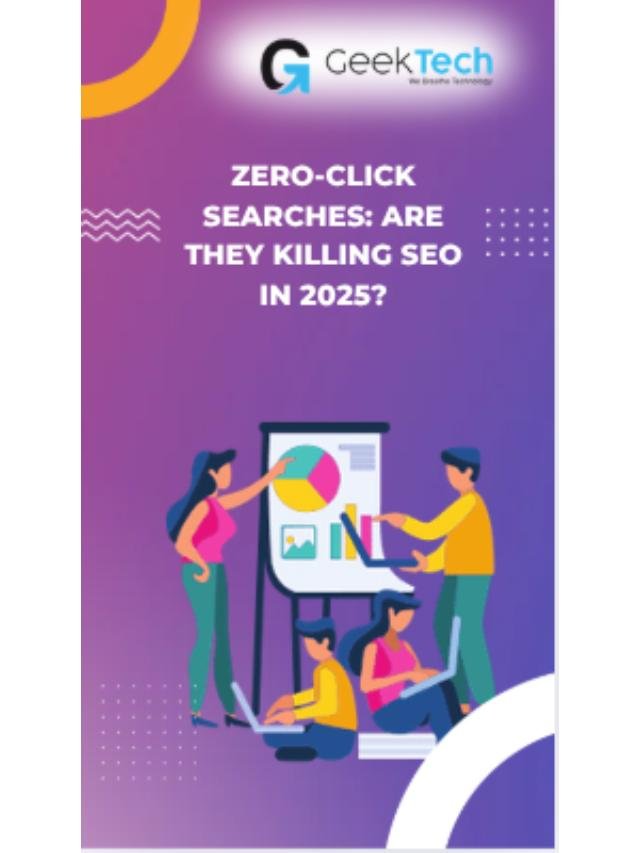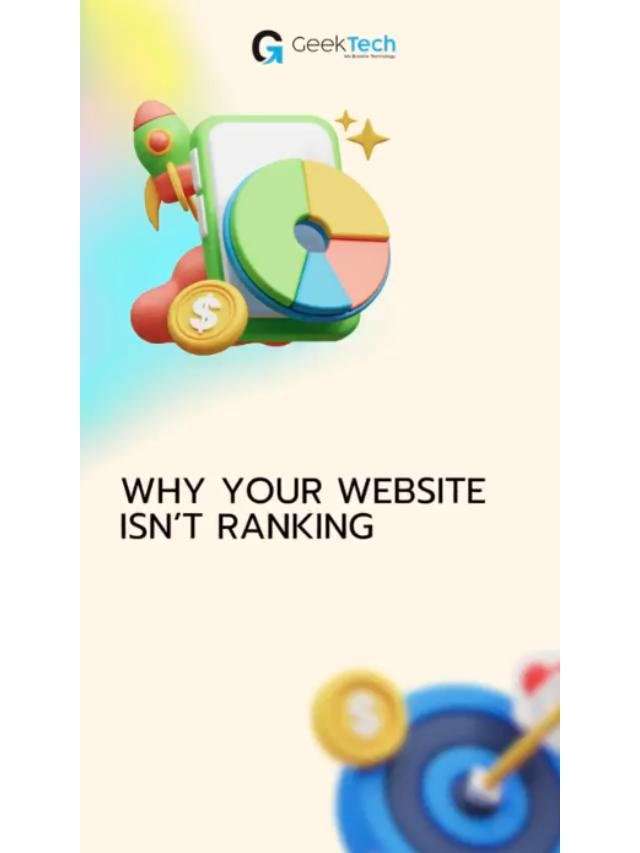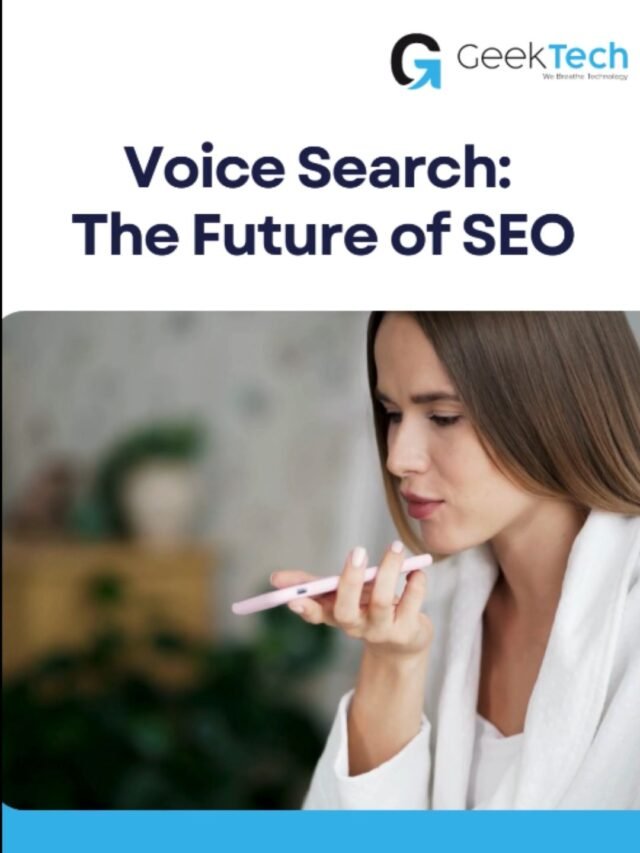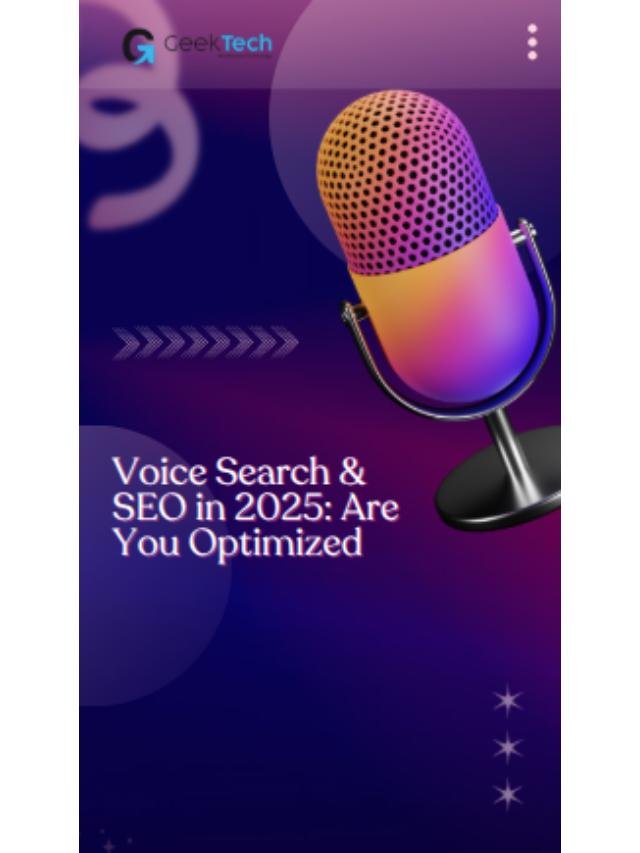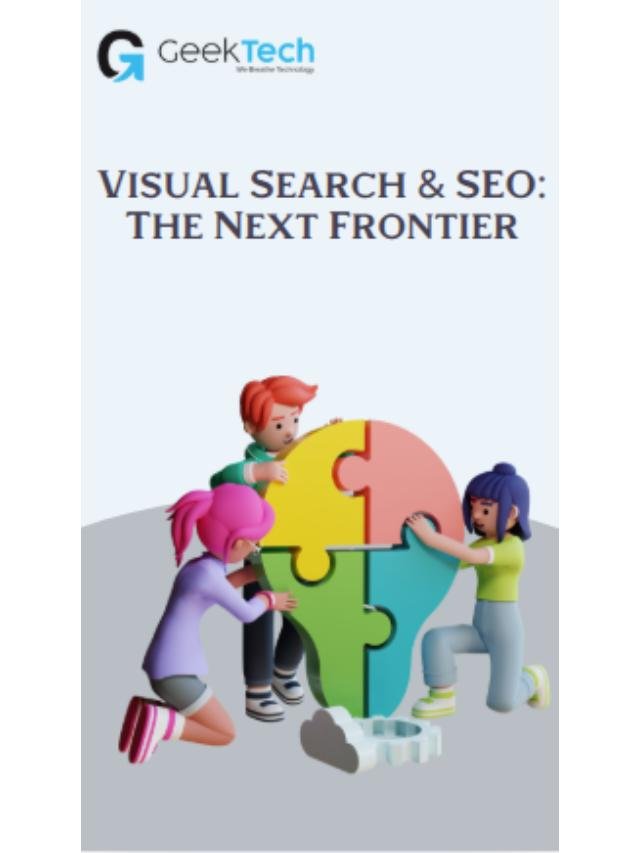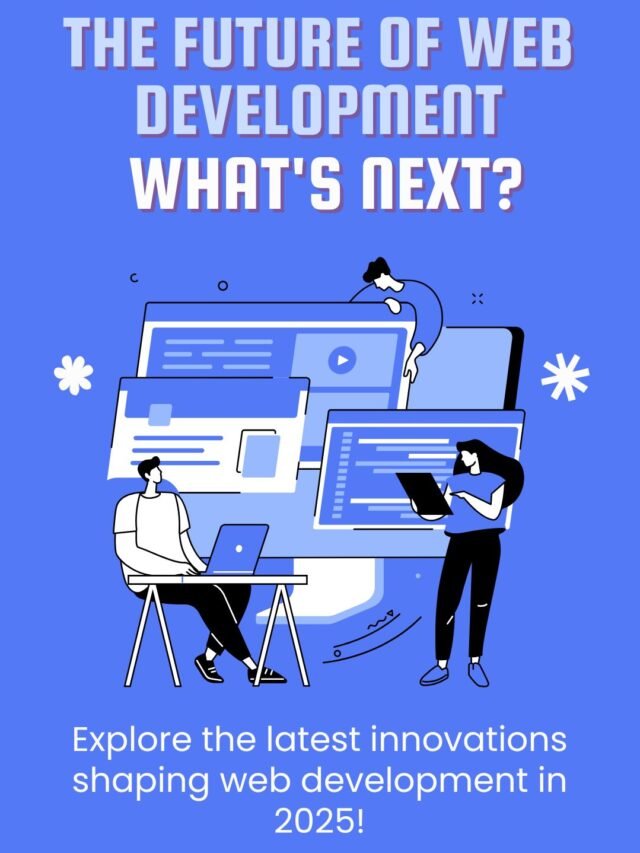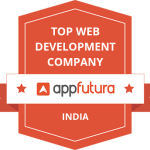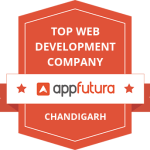PPC vs SEO: Which One Will Bring You Better ROI in 2025?
If you’re running a business in 2025, there are chances you have invested in online marketing for maximum visibility and revenue. But how do you know where to spend that money on PPC or SEO? No worries if you do not know! This blog will help you understand both. You’ll learn what PPC and SEO actually are and how much they cost. And most importantly, which one can bring you better ROI in 2025?
Let’s Understand First What Actually PPC and SEO Are
What is PPC?
PPC, or Pay-Per-Click, means you pay each time someone clicks on your online ad. After clicking, users are redirected to your service or product page to check what you offer. If the user likes the offering, they make a purchase. Otherwise, they only get brand awareness. And to make ads, the most common platform is Google Ads. Here, you choose a keyword and set a budget. Your ad shows up at the top of Google search results.
The biggest advantage of PPC is that it brings visitors to your site almost instantly. The downside is that as soon as your budget is used up by clicking, the traffic stops.
What is SEO?
SEO, or Search Engine Optimization, makes your site show up in the free (organic) search results. You don’t pay for each click. But you do have to earn organic traffic. That means creating useful content, putting the proper keywords in, and getting your site to work properly.
It takes time to move up the rankings. But once you’re there, the traffic is free and steady.
Let’s Understand with a Cost Breakdown
How much does PPC cost?
PPC can get expensive, depending on the industry. For example, a law firm may pay $20–$50 for a single click. A local bakery might pay only $1–$2. You can set your own daily or monthly budget. But you’ll need to spend more in 2025 as ad costs keep rising.
Also, you may need to hire someone to manage your PPC campaigns. Poor targeting or bad ads can waste money quickly.
How much does SEO cost?
SEO does not charge anything per click, but it is not free. You may have to shell out money when it comes to content or have to hire an SEO talent or purchase instruments. The price an average small business will pay on a monthly basis is between 500$ and 1500$. However, with SEO the efforts you put in are cumulative unlike in PPC.
Once your pages rank well, they can bring in traffic without extra spending.
Which gives better ROI on cost?
PPC gives faster ROI, but only while you keep spending. SEO has slower results, but the long-term ROI is usually better. Over a 12-month period, SEO tends to be cheaper per lead or sale.
Let’s Talk About the Results
If you launch a PPC campaign today, you might get leads by tonight. That’s why businesses like PPC for new product launches or events. It works fast.
SEO is different. You could wait 3 to 6 months before you see results. Sometimes longer. Google wants to see that your content is useful and trustworthy. So, SEO needs patience.
But here’s the thing once your site ranks well, it can stay there for a long time. Even if you stop working on it for a while. That means more traffic for less ongoing effort.
So if you want results quickly, PPC is the winner. But if you think in the long term, SEO is the winner.
Factor to Consider: Traffic Quality & Buyer Intent
Now let’s talk about the kind of traffic each brings.
PPC lets you target specific keywords, age groups, locations, and even devices. You can reach people who are ready to buy right now. That’s why PPC often has higher conversion rates.
SEO brings in people who are doing research or comparing options. These users may not buy right away. But they’re building trust with your brand. Over time, this trust can turn into more sales or repeat customers.
So, if you want instant buyers, PPC is stronger. If you want long-term customer relationships, SEO wins.
Next Factor: Algorithm Changes and Platform Dependency
Search engines change their rules often. These are called algorithm updates. If your website doesn’t follow the new rules, your rankings can drop overnight.
PPC has fewer of these problems. You set your bids and budget, and your ad shows up. But ad platforms can also change policies. Your ad account could get suspended for small mistakes.
Also, PPC makes you depend fully on paid platforms. SEO gives you more control over your website and content. You’re not renting space—you own it.
So both have risks. But SEO gives more stability in the long run if you follow best practices.
Third Factor: Industry and Business Type Considerations
Some businesses do better with PPC. For example, emergency services, new product launches, or seasonal offers often need fast traffic. PPC gives them that.
Other businesses benefit more from SEO. If you run a local service—like plumbing, dental care, or legal help—SEO helps you show up in local search results. It builds trust over time and helps you get found without paying for each click.
In 2025, industries with high competition may find PPC too expensive. SEO becomes a cost-saving method in the long term. But if your business needs fast action, PPC may still be worth the cost.
So, the “best” option really depends on what kind of business you run, how fast you need results, and how much you can spend.
The Power of Combining PPC and SEO
You don’t always have to choose between PPC and SEO. In fact, the smartest businesses use both together.
Let’s say you run a new product campaign. Use PPC to get quick attention and traffic. Use SEO to publish helpful content and reviews about the product. Over time, that content will start ranking and bring traffic without more spending.
Also, PPC data shows which keywords people click the most. You can use this data to plan your SEO content. It’s a great way to test what works.
Conversely, SEO assists you in establishing brand trust. And trust enhances how efficiently your PPC ads work. Users have a higher tendency to click an ad from a brand they trust.
So don’t choose one or the other. Instead, mix them both. Employ PPC for quickness. And SEO for long-term stability.
Which One Will Bring Better ROI in 2025?
Now let’s answer the big question: which one gives better ROI in 2025?
PPC gives faster results, but ad costs are rising every year. It works well if you need leads quickly or have a big marketing budget.
SEO takes more time, but the return lasts longer. It’s a good option for small businesses or anyone looking for long-term savings.
In 2025, ad competition is higher than ever. That means PPC costs may go up, and it may get harder to stand out. At the same time, good SEO content is still helping websites get free, ongoing traffic.
So here’s the answer: if you want quick leads and have money to spend, go for PPC. If you want a steady return that grows over time, invest in SEO. If you want the best of both, combine them.
Conclusion
PPC and SEO are both useful tools. But they serve different goals. PPC is great for speed and targeting. SEO is better for trust and long-term results. In 2025, both are still very important.
If you’re not sure where to start, no worries. We are here to help! Contact Geek Informatic & Technologies Pvt. Ltd. Plan your strategy today. We will let you know what works for you. CONTACT US TODAY!
Pay Per Click Fraud: The Silent Budget Killer You Need to Stop Today
Are you noticing your ads are getting clicks but have no results? If yes, you might be a victim of pay-per-click fraud. It may drain your budget without you even knowing. These frauds can be done by bots and your competitors. These invisible frauds can also destroy your campaign performance. Do you want to know how to spot and stop these frauds? You will get to know the solution in this blog.
What Is Pay-Per-Click Fraud and Why Should You Care?
The fraud of Pay Per Click (PPC) happens when a person clicks on your online ads and doesn’t have the intention to buy or sign up for anything. The only aim is to waste your money. Where do these clicks come from? This can come from bots and competitors that want to drain your budget. Also, it can be done by click farms. These people are paid for clicking on ads.
As you pay for each click, even for fake ones, too, this fraud may quickly use up your ad budget. Not only this, but it may also give you false data. This makes it more tough to understand what’s actually working in your campaign. So, you need to care for these frauds and stop them.
Types of PPC Fraud: From Bots to Competitors and Affiliate Abusers
Bot-generated clicks
The very first type of PPC fraud is Bots. They are computer programs that are functioned to click on your ads. They are created to act like real users. It makes them hard to detect. When you have a pay-per-click bot, they never lets you increase your sales or conversions. What they only do is drain your advertising budget. They can also mess up your performance data. Bots create difficulty to measure how your ads are performing accurately.
Click farms
The next PPC fraud is click farms. They are a group of people, not a single one. These individuals are paid to click on ads with no genuine interest. They are usually set up in countries with low wages. They are mainly hired to make fraud look real on ad platforms. Also, they use different devices and IP addresses. This type of fraud is also very hard to detect.
Competitor clicks
It is very common that your competitor might click on your ads to drain your budget. Do you know what they mainly aim to do? They want to stop your ads from showing up. By doing so, they are able to show their ads. This means clicks by competitors are intentional and targeted, they are not accidental. This type of fraud is very hard to prove, and it is damaging. You may be paying for useless traffic and someone playing dirty in your industry.
Affiliate click fraud
The fourth type of PPC fraud is affiliate click fraud. This happens when people who earn a commission for leads or sales click on ads to boost their payouts. You may see your campaign getting a lot of action. However, it is just traffic that is meant to trick the system. You may end up paying for clicks that never turn into customers.

Real-World Impact: How Click Fraud Destroys Your Ad Budget
When click fraud happens, it doesn’t only waste a few dollars. It may drain thousands from your monthly ad spend with no real result. Your budget gets used up so fast when bots or fake users continuously click your ads. It leaves no room for real clients. The worst it can do is affect your performance data. This may lead you to make wrong decisions about keywords or targeting. A study held by CHEQ explains advertisers lose more than $35 billion each year because of fraudulent clicks. So, as you know how it destroys your ad budget, stay alert and protect your campaigns.
Signs You Might Be a Victim of PPC Fraud
Unusual spikes in clicks with no conversions
At first, you may notice an unexpected jump in clicks. However, there is no increase in leads or sales. At that moment, just know it is a red flag. When you have real customers, they usually take some action. It can be filling out a form or making a purchase. But if there is no such action, there are chances you are getting fake traffic.
High bounce rates from certain IPs
The next sign that aware you of PPC fraud is a high bounce rate from certain IPs. It means people leave your site just after clicking the ad. If this action is linked to the same IP address, it may signify fraudulent activity. Real customers spend more time to explore your website. Hence, if a same IP clicks and leave the site right away, just know it is someone with wrong intentions.
Tools and Techniques to Detect and Prevent PPC Fraud
As you know the meaning, types, effects, and signs of PPC fraud, the next thing you should know is the way to prevent this. There are mainly four solutions we have listed below. You can choose a PPC service company in India and get protection. Read these tools and techniques and stay away from PPC fraud.
Google Ads IP exclusions
The first tool is Google Ads. It allows you to block certain IP addresses. By doing so, they will not be able to see your ads. When you detect continuous fake clicks from a particular IP, you can prevent them in their tracks. You just need to add that IP to your exclusion list. Using Google Ads is simple but a powerful action to stop PPC fraud.
Check out our our Web Stories to get more insights!
Click fraud monitoring tools (e.g., ClickCease, PPC Protect)
The next tool you can use is ClickCease and PPC Protect. They are pay-per-click fraud monitoring tools. They automatically scan your campaign for fraud signs. These tools track suspicious behavior. It can be repeated clicks, unusual devices, or activity by bots. Once they detect, they block fake traffic in real-time. These tools are mainly helpful for businesses that seek extra security and don’t want to check data every day.
Manual review of click patterns
Sometimes, the best way to catch fraud is to look closely at your campaign data. Reviewing where your clicks are coming from, what devices are used, and how long users stay on your site can reveal suspicious trends. It’s a bit time-consuming but very useful when combined with other tools.
Partnering with expert PPC services
Working with a professional PPC services company in India gives you access to expert strategies and advanced tools. They don’t just manage your ads—they constantly monitor, analyze, and protect them. The best team knows how to detect fraud early and make smart adjustments, so your budget is spent on real customers, not fake clicks.
How Geek Informatic & Technologies Pvt. Ltd Helps You Maximize ROI and Minimize Fraud
At Geek Informatic & Technologies Pvt. Ltd., we understand how badly PPC frauds can affect us. That’s why we offer PPC services in India. These services are made to fight back the danger. We utilize updated fraud detection tools and monitor your campaign. We also apply smart bidding strategies to block bots and fake traffic.
Our only goal is to help you to get the best results on your ad budget. With our services, you can keep your campaign protected. Also, you can get genuine leads. So, let us build your next PPC campaign with confidence and clarity.


